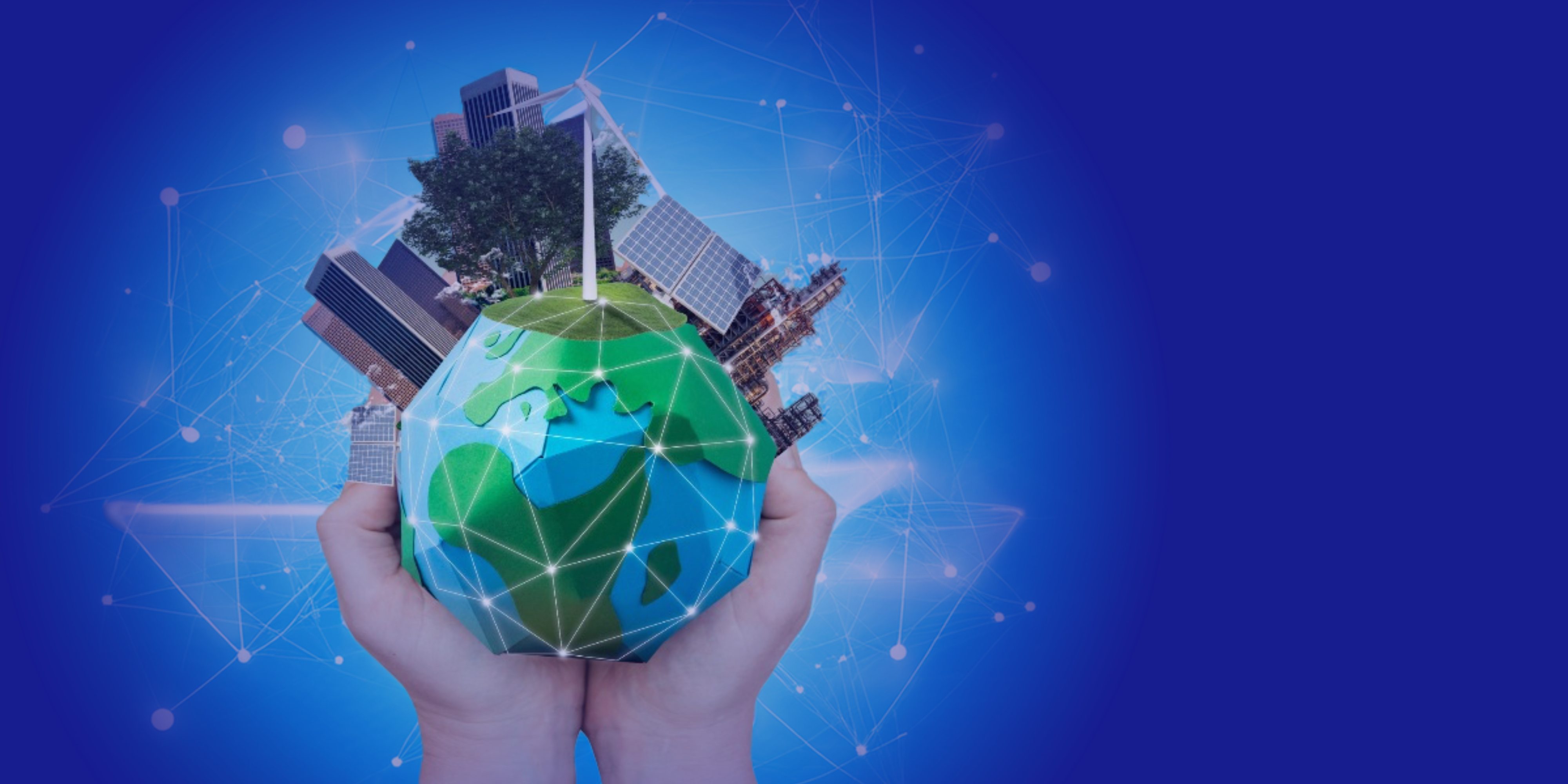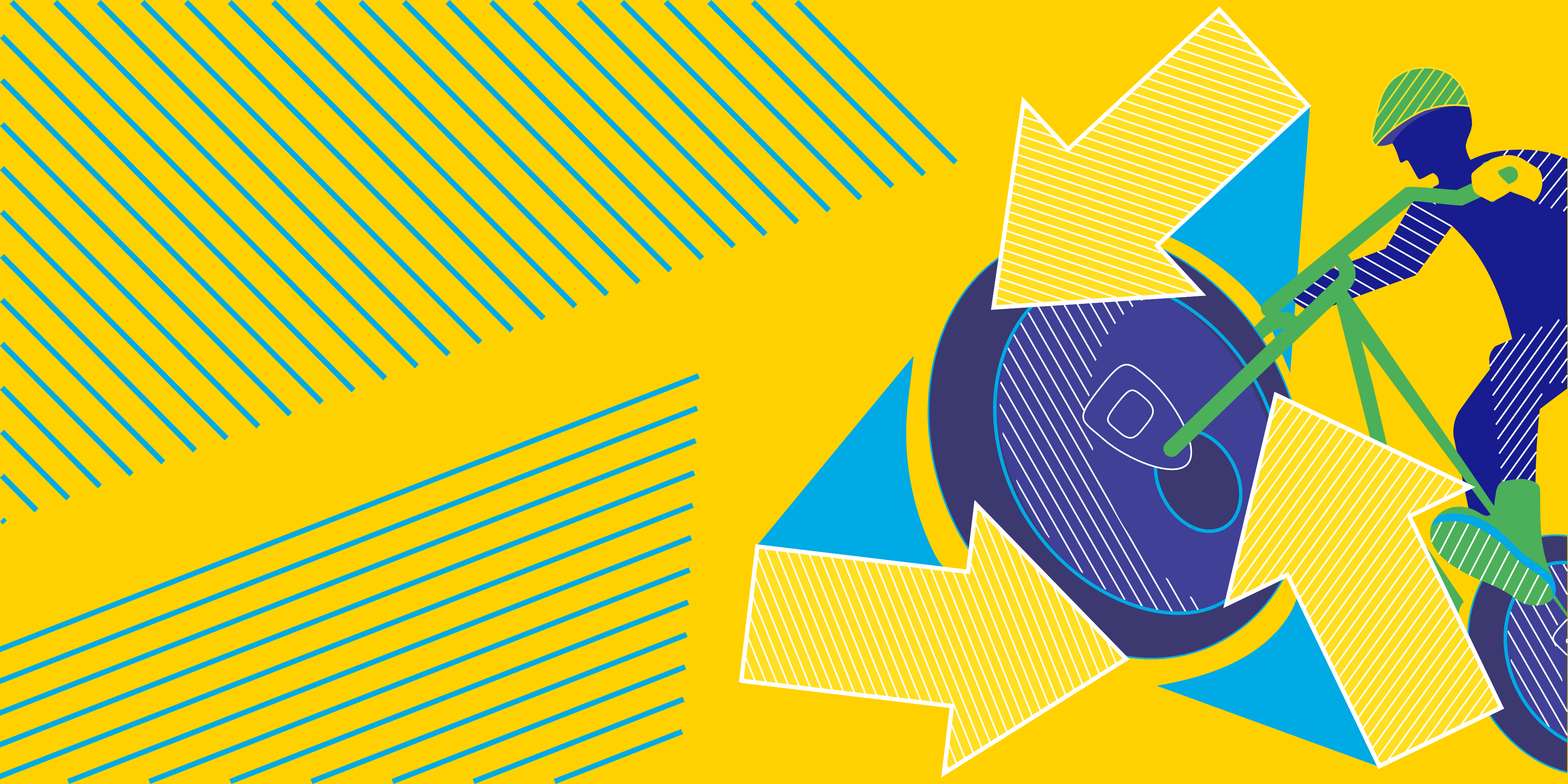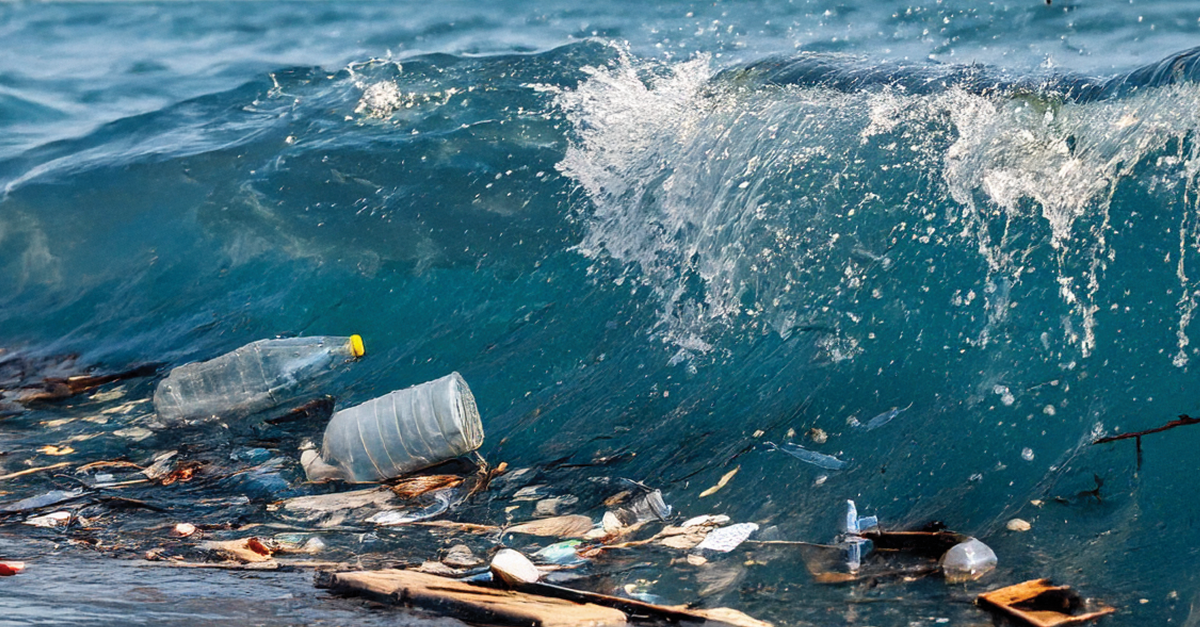A closer look at the benefits of circular economy solutions
Every day, South Africans dispose of enough solid waste to cover an entire soccer field to a depth of 10 metres, according to the Association for Water and Rural Development. Think about that for a moment. This means that,depending on income, each person in our country generates between 2.5 and 3.5 kilograms of waste per day!
This represents a significant challenge for our society, as all this waste must be collected, processed, and safely disposed of and achieving this comes with very real costs.
However, there is a solution that actually looks to restore and regenerate our waste in what we call a circular economy. In fact, when this concept is applied correctly, we could divert a large amount of our waste from landfill disposal. This not only has the potential to create numerous environmental and social opportunities for South Africans, but economic ones as well.
So, what do we mean by a circular economy? It’s a model in which the consumption of resources and materials is circular rather than linear – meaning that we reuse these resources/materials (instead of merely throwing them away) and put them back into the economy and that waste is designed out of the system from the onset.
This in turns reduces the need to consume new materials. Typically, reusing or recycling is less energy-intensive than manufacturing from scratch as there is a reduction in impact and cost of using or extracting virgin materials. As a result, less fuel is used, and carbon emissions can be reduced at each stage of the supply chain. These factors combine to create an incentive to invest in long-term planning, maintenance, repairs, reuse, remanufacturing, refurbishing, recycling, and upcycling as a way to make our economy more sustainable.
In fact, the move to a circular economy could not only ease pressure on the environment, but actually enhance raw material security, promote innovation, and boost economic growth.
Sustainable Products and Packaging
Ideally, we would like to avoid as much packaging as possible however, packaging plays an important role in ensuring product integrity, especially if it is transported and handled along the supply chain. One of the largest issues with most packaging is single use plastic which is why a significant aspect of eco-friendly packaging is its ability to be reused or recycled. Typically, eco-friendly packaging is derived from natural materials like bamboo, paper, or cardboard.
And just by swapping to this type of packaging, we actually can draw carbon out of the environment. This is because if the packaging is made using natural materials, it will be biodegradable, and some eco-friendly packaging, such as sustainable paper products, are even compostable.
Essentially, sustainable packaging enables consumers, governments, NGOs, manufacturers, and brands to significantly reduce their carbon footprint.
Recycling
A truly circular economy is the sum of its parts — recycling included. Recycling products can not only conserve energy but also reduce air and water pollution as well as greenhouse gas emissions.
In collaboration with reuse, sharing, redesign, remanufacturing, recycling projects can help eliminate the word waste from our vocabularies.
Shift to renewable power
Undeniably, the most common reason why the transition to renewable energy is important is that coal and other fossil fuels produce carbon dioxide when burned to produce energy, and this poses a great environmental threat to the world as a whole. Waste products from fossil fuel combustion are major contributors to the climate crisis, as well as urban and rural air pollution, and acid rain. Of course, as our economy is very dependent on fossil fuels, we can’t just stop using them – but we can urge companies to transition to cleaner fuel options.
We can’t stop climate change, but we can slow it down – and this means making the change to a circular economy and accelerating the transition to sources of renewable energy such as solar, wind and waste-to-energy solutions.
Additional advantages of renewable energy include: minimal reliance on concentrated sources of energy, zero greenhouse gas emissions and reduced air pollution. It can be done - Norway, for example, obtains 90% of its energy from renewable sources.
A circular economy plays an important role in addressing the triple planetary threat of climate change, biodiversity loss, and pollution – and so we must start not only understanding the impact of this type of economy, but how it can restore our planet and bring about positive social and economic transformation. The lifestyle choices we make today will certainly determine whether we can continue to enjoy a sustainable existence on a healthy planet, with a viable economy.





SUBMIT YOUR COMMENT